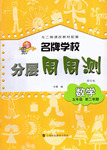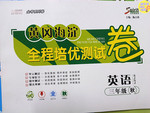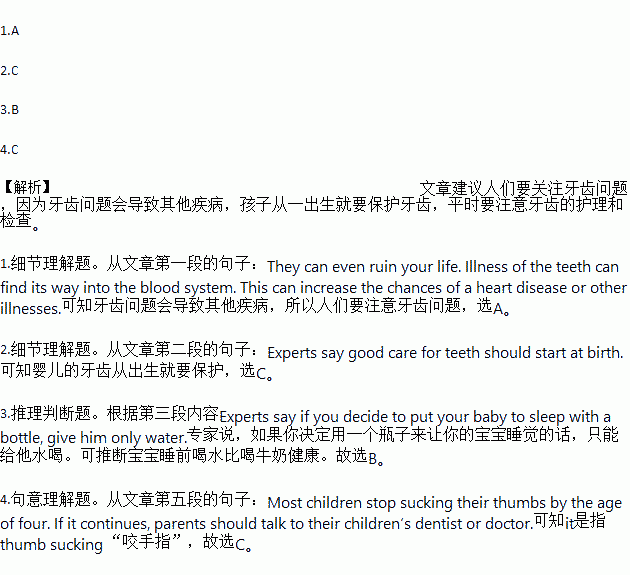题目内容
Bad teeth may be painful and it’s getting worse without treatment. They can even ruin your life. Illness of the teeth can find its way into the blood system. This can increase the chances of a heart disease or other illnesses.
Experts say good care for teeth should start at birth. Mothers’ milk is the best food for the healthy development of teeth.
But dentists say a baby’s mouth and early teeth should be cleaned after each feeding. Use a cloth with a little warm water. Do the same if a baby is fed with a bottle. Experts say if you decide to put your baby to sleep with a bottle, give him only water.
When baby’s teeth begin to appear, you can clean them with a wet toothbrush. Dentists say it is important to find soft toothbrushes made especially for babies and to use them very gently. Young children often eat toothpaste (牙膏) when they brush, so they should be carefully watched when they brush their teeth.
Parents often ask what effect thumb sucking (咬手指) might have on their baby’s teeth. Experts generally agree that this is fine early in life. Most children stop sucking their thumbs by the age of four. If it continues, parents should talk to their children’s dentist or doctor.
Dentists say children should have their first dental visit by the time they are one year old. They say babies should be examined when their first teeth appear usually at around six months..
1.Why should people pay attention to teeth problems?
A. They can cause other illnesses. B. They will bring bad luck.
C. They will bring the family much trouble. D. They usually last a long time.
2.According to the writer, baby’s teeth should be protected from the day ______.
A. he begins to speak B. he has his first tooth
C. he was born D. he is fed with bottle milk
3.We can learn from the passage that_____.
A. children are not advised to brush their teeth
B. drinking water is better than milk before sleeping
C. children’s toothbrushes are always expensive
D. thumb sucking is common for kids under five years old
4.The underlined word “it” in Paragraph 5 refers to “_____”.
A. toothache B. parents’ trouble C. thumb sucking D. experts’ advice
 名牌学校分层周周测系列答案
名牌学校分层周周测系列答案 黄冈海淀全程培优测试卷系列答案
黄冈海淀全程培优测试卷系列答案
